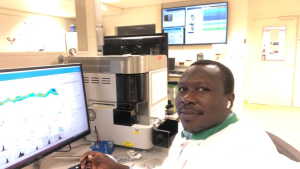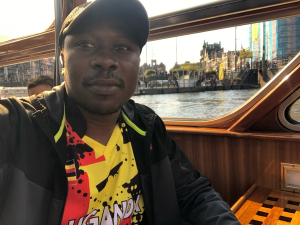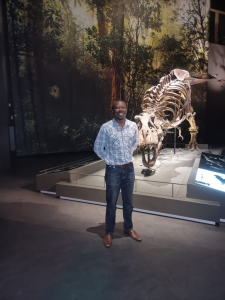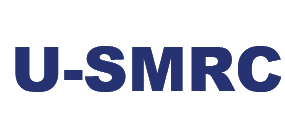If you told me a year ago that I, Matthew Odongo, would be riding a bike through cobblestone streets in Europe, eating Stroop waffles, and analyzing immune cells in a high-tech lab all in the same week, I’d have laughed and asked, “Me? In Europe?” But in October 2024, that dream became a reality when I packed my bags (and my pipettes, metaphorically speaking) and flew from Uganda to the Netherlands to join the Parasitology Department at Leiden University Medical Center (LUMC).
Touching down in the Netherlands was like stepping into a painting, except this one had top-tier research labs, endless canals, and more cheese than I knew what to do with. This was my first time in Europe, and every moment felt like a beautiful blur of discovery.
I was warmly welcomed into the Parasitology Department at LUMC, led by the brilliant Prof. Maria Yazdanbakhsh. Under the mentorship of Dr. Bart Everts (my Dutch scientific compass and co-supervisor), I dove headfirst into the fascinating world of immunoparasitology.
My PhD: Schistosomiasis, Lakes and the mystery of Morbidity
Back home in Uganda, my PhD journey is powered by the Uganda Schistosomiasis Multidisciplinary Research Centre (USMRC). I’m exploring something that’s puzzled scientists for years: why do people living near Lake Albert and Lake Victoria, both hotspots for schistosomiasis experience the disease so differently?
Some develop serious complications like liver fibrosis, while others, despite being infected, seem to skate through with less severe symptoms. My mission? To uncover the biological clues, especially the immune system responses and metabolic factors that might explain these differences.
My Ugandan mentors (Drs. Gyaviira Nkurunungi, Samuel Kyobe, Bernard Bagaya, and the ever-inspiring Prof. Alison Elliott) are my research dream team. They’ve guided me with wisdom, support, and the occasional reality check when I wanted to test 500 samples in a single afternoon.
At LUMC, I was like a kid in a scientific candy store. I trained in high-dimensional flow cytometry (imagine looking at immune cells from 20+ angles at once), practiced cell culture techniques, and got my hands on powerful analysis tools like OMIQ; think of it as Excel on steroids for immunologists.

A snap in the Flow cytometry Core Facility at the LUMC- analyzing metabolic flow samples
Each skill I picked up felt like adding a superpower to my PhD toolkit. I could now slice and dice immune data in ways that gave me fresh insights into schistosomiasis morbidity across regions. It was intense, exhilarating, and—dare I say it—fun.
Leiden is the kind of city that makes you want to write poetry or publish a paper, or both. Its centuries-old university has hosted legends like Descartes and Einstein. And now… me!
Wandering the canals, popping into cozy cafes, and walking past historic buildings gave me a deep sense of connection to generations of thinkers who’ve asked bold questions. It reminded me that research even on a tiny parasite can have a big impact.

Canal Boat tour of Amsterdam
Outside the lab, I went full tourist. I marveled at towering dinosaur skeletons at the Naturalis Biodiversity Center (my inner child was screaming). I cruised through Amsterdam’s canals and stood quietly outside the Anne Frank House a powerful, humbling moment.

At the Naturals Biodiversity Centre (Natural Science Museum)
And of course, I made friends! Scientists from all over the world shared laughs, meals, and sometimes troubleshooting tips over coffee. These connections both professional and personal are now part of my global scientific village.
Coming Home with More Than Data
Returning to Uganda, I brought back more than flow cytometry plots. I returned with sharper skills, a wider worldview, and a heart full of gratitude. My research is no longer just about answering a question in Uganda; it’s about contributing to the global conversation on neglected tropical diseases.
To every young African scientist reading this: the world needs your voice, your curiosity, your questions. Don’t wait for perfect conditions, go for it. Apply for that opportunity. Collaborate. Travel. Share your story. Science is better with you in it.
To my mentors; Prof. Yazdanbakhsh, Dr. Everts, Prof. Elliott, and Drs. Gyaviira, Kyobe, and Bagaya—and the teams at LUMC, UVRI, and Makerere: thank you for believing in me. Let’s keep doing the work that matters.









